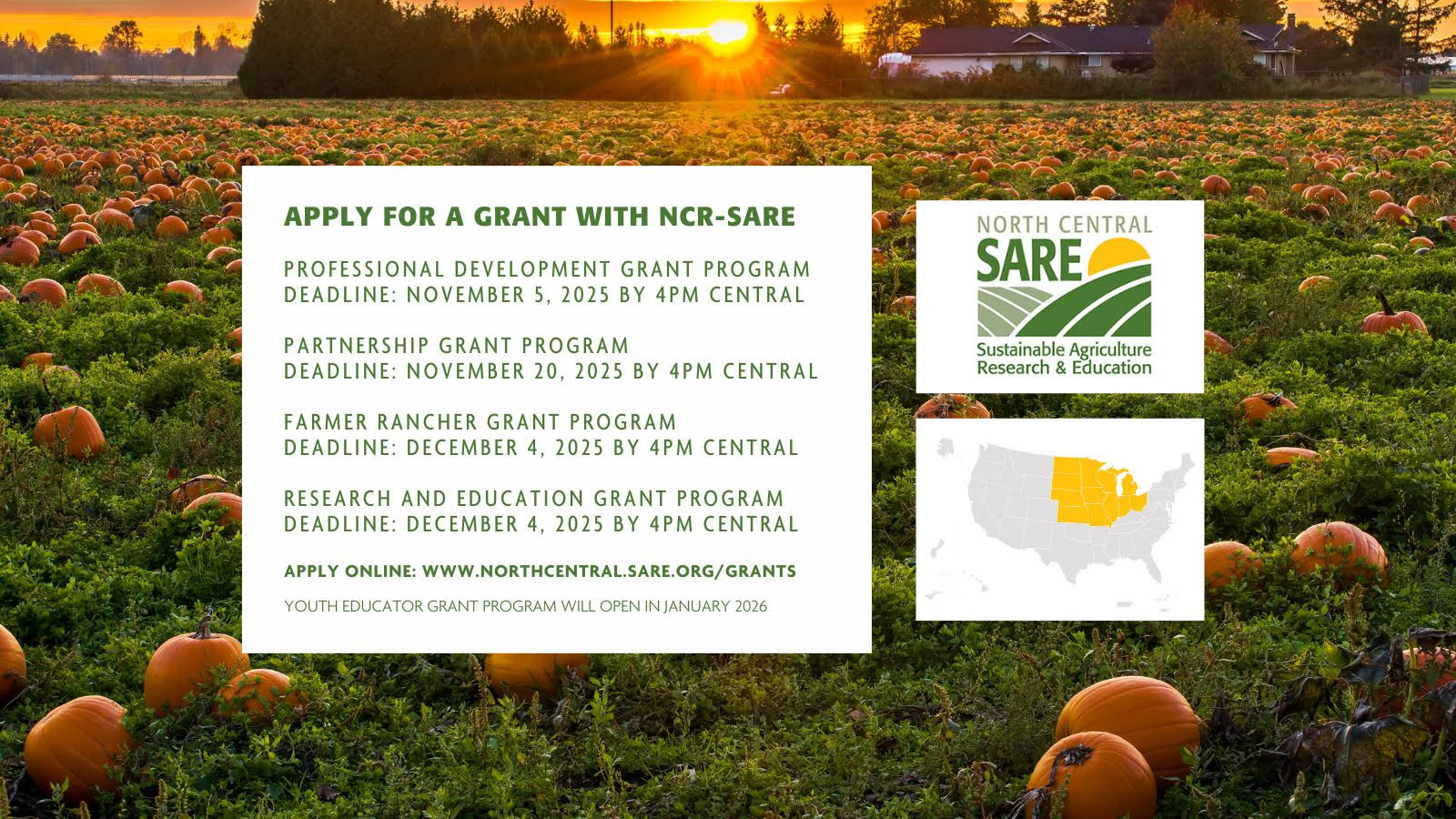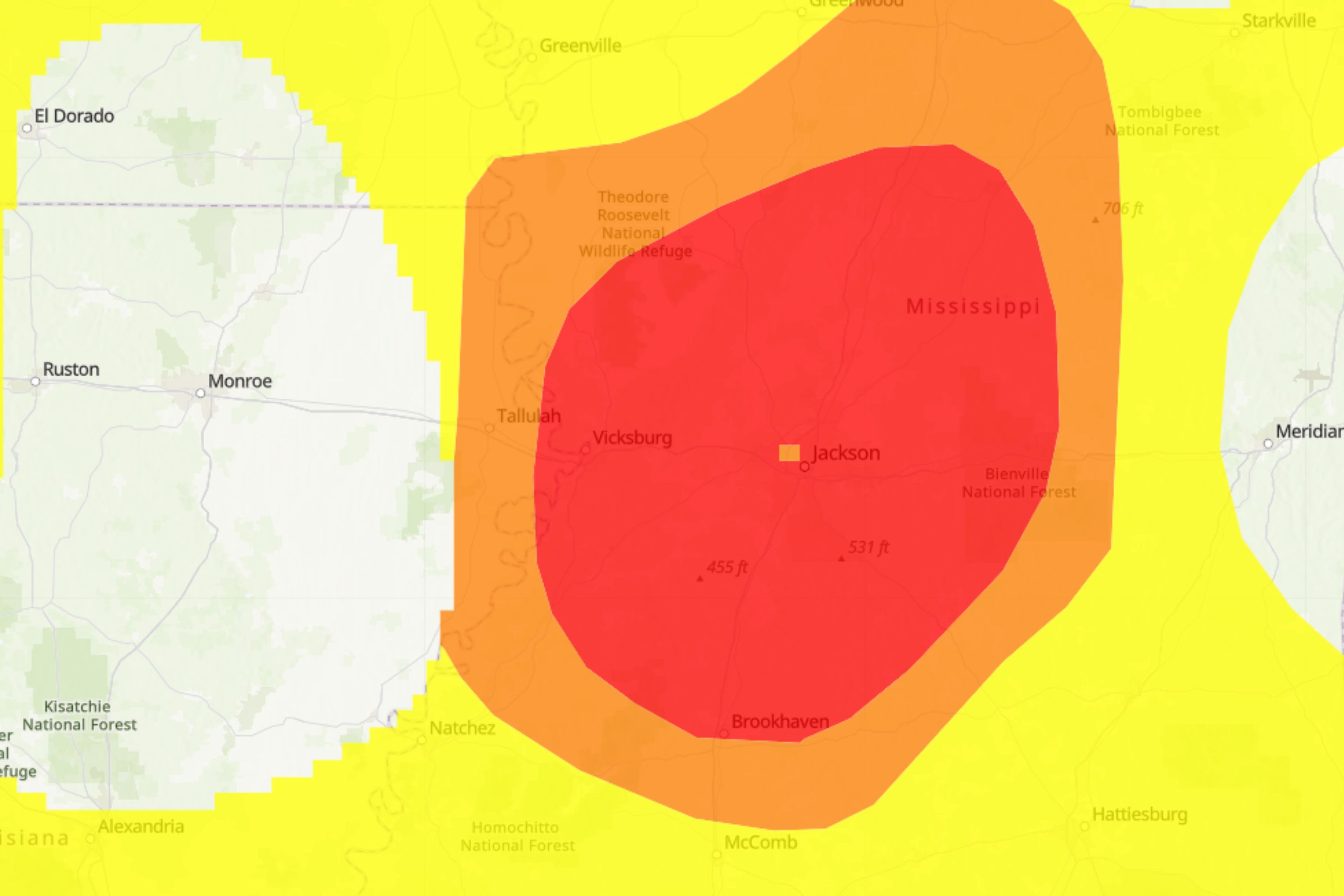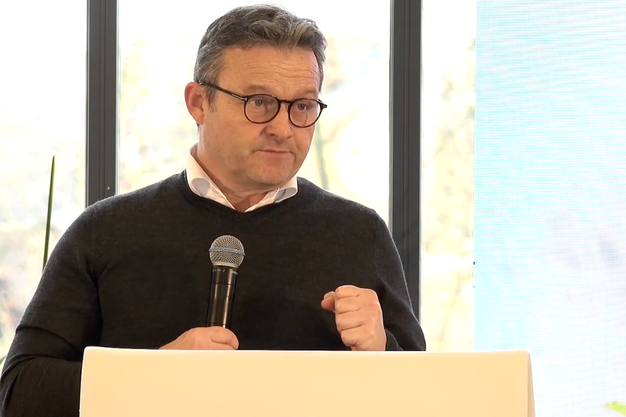Sustainable Agriculture Grants Available – KSAL News

NCR-SARE Grant Programs: Advancing Sustainable Development Goals in North Central Agriculture
Introduction: Fostering Sustainable Agricultural Innovation
The North Central Sustainable Agriculture Research and Education (NCR-SARE) program has announced four open grant programs aimed at funding projects that advance sustainable agriculture. These initiatives are designed to directly support the achievement of the United Nations Sustainable Development Goals (SDGs) by promoting agricultural systems that are economically viable, environmentally sound, and socially responsible. Since 1988, NCR-SARE has been instrumental in fostering innovation that contributes to SDG 2 (Zero Hunger), SDG 8 (Decent Work and Economic Growth), SDG 12 (Responsible Consumption and Production), and SDG 15 (Life on Land) within the 12-state North Central region.
Grant Program Overview and SDG Alignment
The competitive grants are available to a wide range of stakeholders, including farmers, ranchers, researchers, educators, and organizations. Each program is tailored to a specific audience but shares the common objective of building a more sustainable food system.
-
Research and Education Grant Program
This program targets researchers and educators to develop and disseminate knowledge on sustainable practices. It directly supports:
- SDG 2 (Zero Hunger): By advancing research into resilient and productive farming systems.
- SDG 4 (Quality Education): By funding educational projects that build capacity for sustainable agriculture.
- SDG 9 (Industry, Innovation, and Infrastructure): By fostering scientific innovation in the agricultural sector.
Preproposal Deadline: December 4, 2025, 4:00 PM Central.
-
Partnership Grant Program
Designed to foster collaboration between agricultural professionals and producers, this grant embodies SDG 17 (Partnerships for the Goals). It encourages cooperative projects that test and share sustainable solutions on working farms and ranches, accelerating the adoption of practices that support SDG 12 and SDG 13 (Climate Action).
Proposal Deadline: November 20, 2025, 4:00 PM Central.
-
Professional Development Program Grant
This program focuses on training agricultural educators, thereby amplifying the reach of sustainable principles. It is a key contributor to SDG 4 (Quality Education) by equipping professionals in extension, government, and non-profit sectors with the tools to educate the agricultural community on practices that enhance environmental and economic sustainability.
Proposal Deadline: November 5, 2025, 4:00 PM Central.
-
Farmer Rancher Grant Program
Empowering farmers and ranchers to conduct on-farm research, this grant directly promotes producer-led innovation. It is critical for achieving:
- SDG 2 (Zero Hunger): By enabling producers to develop locally adapted, sustainable production methods.
- SDG 8 (Decent Work and Economic Growth): By improving the economic viability and resilience of farm operations.
Proposal Deadline: December 4, 2025, 4:00 PM Central.
An additional program, the Youth Educator Grant Program, will open for proposals in mid-January 2026, focusing on engaging the next generation in sustainable agriculture, in alignment with SDG 4 (Quality Education).
Application Resources and Support
To ensure broad and equitable access to funding, NCR-SARE provides comprehensive support for applicants. These resources are designed to build capacity and encourage participation from diverse groups, furthering the inclusive principles of the SDGs.
- NCR-SARE Grant How-To Video Series: An educational resource to guide applicants through the process.
- State Sustainable Agriculture Coordinators: State-level experts available to provide direct assistance and information to applicants.
Organizational Mandate and Impact
Funded by the USDA’s National Institute for Food and Agriculture, NCR-SARE is part of a national program dedicated to advancing sustainable innovation in American agriculture. Proposals are evaluated on their potential to address critical problems and their alignment with NCR-SARE’s goals, which are intrinsically linked to the SDGs. By awarding over $100 million in grants, the program has built a substantial portfolio of projects that contribute to a more sustainable and equitable food system, with all project reports accessible through a public database for shared learning and impact scaling.
SDGs Addressed in the Article
Relevant Sustainable Development Goals (SDGs)
- SDG 2: Zero Hunger – The article’s central theme is the promotion of “sustainable agricultural practices” through research and education grants. This directly supports the goal of ending hunger, achieving food security, and promoting sustainable agriculture.
- SDG 4: Quality Education – The NCR-SARE program is fundamentally an educational initiative. It offers several grant programs specifically for “research and education,” “training agricultural educators,” and “Youth Educator” projects, aiming to disseminate knowledge on sustainable practices.
- SDG 8: Decent Work and Economic Growth – The program aims to advance agricultural innovation that “promotes economic viability” for farmers and ranchers, contributing to their livelihoods and the economic health of their communities.
- SDG 12: Responsible Consumption and Production – By funding projects that advance sustainable agriculture and “stewardship of the land, air, and water,” the program encourages sustainable management and efficient use of natural resources, which is a core component of this goal.
- SDG 15: Life on Land – The focus on “stewardship of the land” directly relates to protecting and restoring terrestrial ecosystems. Sustainable agricultural practices funded by these grants help maintain biodiversity and improve land and soil quality.
- SDG 17: Partnerships for the Goals – The article highlights several partnership-based approaches, such as the “Partnership Grant Program” for projects between professionals and farmers, and the overall structure of SARE, which involves collaboration between a government agency (USDA), researchers, educators, and farmers to advance sustainable development.
Specific Targets Identified
Identified SDG Targets
- Target 2.4: “By 2030, ensure sustainable food production systems and implement resilient agricultural practices…” The entire purpose of the NCR-SARE grant program is to fund projects that “advance sustainable agricultural practices,” which directly aligns with creating sustainable food production systems.
- Target 4.7: “By 2030, ensure that all learners acquire the knowledge and skills needed to promote sustainable development…” The “Research and Education,” “Professional Development,” and “Youth Educator” grant programs are explicitly designed to provide educators, farmers, and young people with the knowledge and skills for sustainable agriculture.
- Target 12.a: “Support developing countries’ scientific and technological capacity to move towards more sustainable patterns of consumption and production.” While the article focuses on the US, the principle of building capacity through funding “research,” “education,” and “agricultural innovation” reflects the spirit of this target by strengthening the scientific and technological base for sustainable practices.
- Target 15.3: “By 2030, combat desertification, restore degraded land and soil…” The program’s goal of promoting “stewardship of the land” implies funding practices that improve soil health and restore land, contributing to this target.
- Target 17.16: “Enhance the Global Partnership for Sustainable Development, complemented by multi-stakeholder partnerships…” The SARE program itself is a multi-stakeholder partnership involving government, academic institutions, and agricultural communities. The “Partnership Grant Program” further encourages these collaborations at the project level.
Indicators for Measuring Progress
Mentioned or Implied Indicators
- Financial Flows: The article mentions that NCR-SARE “has awarded more than $100 million worth of competitive grants.” The amount of funding allocated to sustainable agriculture research and education serves as a direct indicator of investment in these goals.
- Number of Projects Funded: The existence of multiple grant programs (“Research and Education,” “Farmer Rancher,” etc.) and the mention of a searchable project database imply that the number of funded projects is a key metric for the program’s output. This can be seen as an indicator for progress in research and implementation of sustainable practices (relevant to Target 2.4).
- Number of People Trained/Educated: The “Professional Development Program Grant” for training educators and the “Youth Educator Grant Program” imply that a measure of success is the number of people who receive education and training in sustainable agriculture (relevant to Target 4.7).
- Number of Partnerships Formed: The “Partnership Grant Program” specifically funds “cooperative projects between agriculture professionals and small groups of farmers and ranchers.” The number of such partnerships created is an implied indicator for progress on Target 17.16.
Summary Table of SDGs, Targets, and Indicators
| SDGs | Targets | Indicators |
|---|---|---|
| SDG 2: Zero Hunger | Target 2.4: Ensure sustainable food production systems and resilient agricultural practices. | Implied: Number of research and education projects funded to advance sustainable agricultural practices. |
| SDG 4: Quality Education | Target 4.7: Ensure all learners acquire knowledge and skills for sustainable development. | Implied: Number of educators, farmers, and youth receiving training through grant programs like the Professional Development and Youth Educator grants. |
| SDG 12: Responsible Consumption and Production | Target 12.a: Strengthen scientific and technological capacity for sustainable consumption and production. | Mentioned: Total financial resources invested in sustainable agriculture (“more than $100 million worth of competitive grants”). |
| SDG 15: Life on Land | Target 15.3: Combat desertification and restore degraded land and soil. | Implied: Number of funded projects focused on “stewardship of the land” and improving soil quality. |
| SDG 17: Partnerships for the Goals | Target 17.16: Enhance multi-stakeholder partnerships for sustainable development. | Implied: Number of cooperative projects and partnerships formed through initiatives like the “Partnership Grant Program.” |
Source: ksal.com
What is Your Reaction?
 Like
0
Like
0
 Dislike
0
Dislike
0
 Love
0
Love
0
 Funny
0
Funny
0
 Angry
0
Angry
0
 Sad
0
Sad
0
 Wow
0
Wow
0













































































